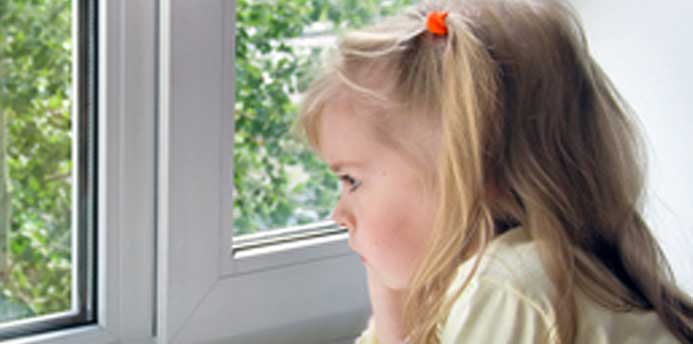Your daughter tells a classmate she spent spring break in Hawaii when, in actuality, she didn’t travel anywhere. As a parent, you wonder, “What am I doing wrong?”
It turns out, probably nothing.
Lying is a natural part of child development, says Dr. Michael Lewis, author of “Lying and Deception in Everyday Life.” In fact, young children who lie on occasion have higher IQs than children who don’t. “Very early, the best and the brightest are the ones who know not to hurt the feelings of others,” he says. He also admits telling children not to lie is kind of silly, because the adults around them lie all the time.
Dr. Lewis says there are 4 kinds of lies:
- The little white lie: protects someone else’s feelings
- Lying to avoid punishment
- Self-deception: a lie you tell yourself to avoid stress
- Lying that hurts other people: places the blame on someone else
Children who have stronger values about truthfulness are less likely to lie, says Dr. Hollie Sobel of The Family Institute at Northwestern University. So, if honesty is a closely held family value, Dr. Sobel suggests that you lead by example. There are also disciplinary steps you can take, such as:
- Natural consequences: You lose status when friends find out you fibbed about spring break in Hawaii.
- Loss of privileges: Take away a child’s independence. They value it.
- Earning back your trust: Return the privilege once they prove themselves trustworthy again.
Warning signs
When a child lies about everything, it’s time to seek professional help, says Glenview social worker Rosalie Epstein. It could signal other problems, such as depression or loneliness. Lying is also more serious when it’s accompanied by violent behavior or stealing.
What to do
When a child lies, Dr. Lewis suggests you:
- Don’t focus on the lie. Focus on how wrong the act is that they covered up with the lie.
- Don’t punish a child for lying, because it encourages more lying.
It also helps to discover what motivated your child to be dishonest, says Dr. Victoria Fleming, executive director of North Shore Wellness Services in Northbrook. Was it:
- To be manipulative?
- To avoid harm?
- An inability to separate fantasy from reality?
- Something that they wish were true?
Parents have many tools available to them to teach kids about lying. It helps to discuss the value of being trustworthy. You can read them children’s books themed around honesty.
Dr. Fleming’s secret to raising a child who doesn’t lie? The family dinner. Dr. Fleming says during a relaxing meal, children learn how to exchange ideas, listen properly and overall, communicate effectively.
Photo: Sad child at the window by Bigstock

